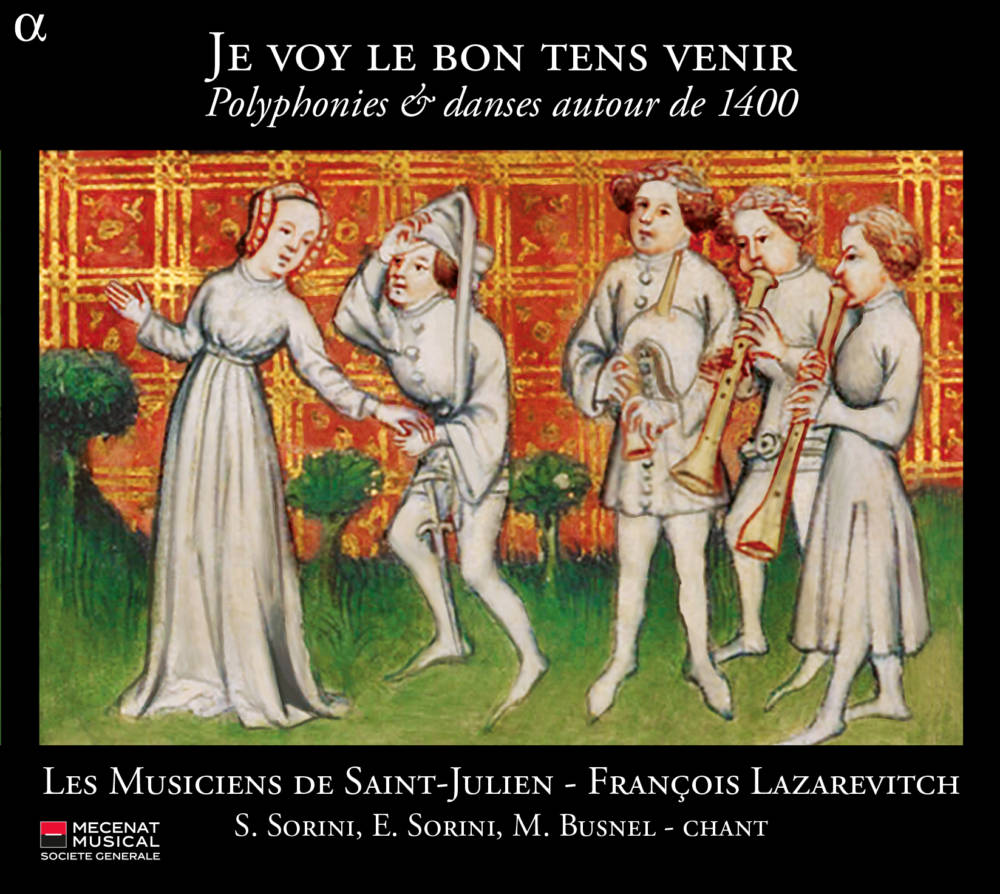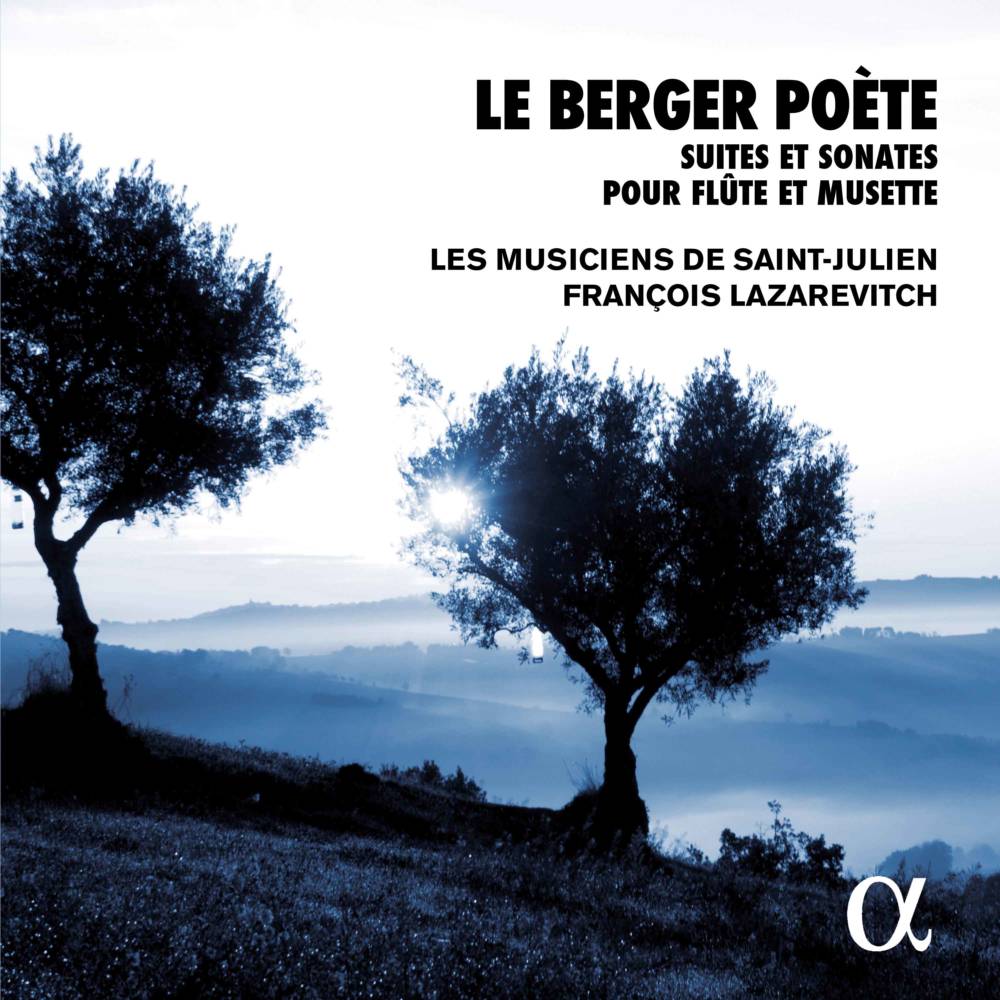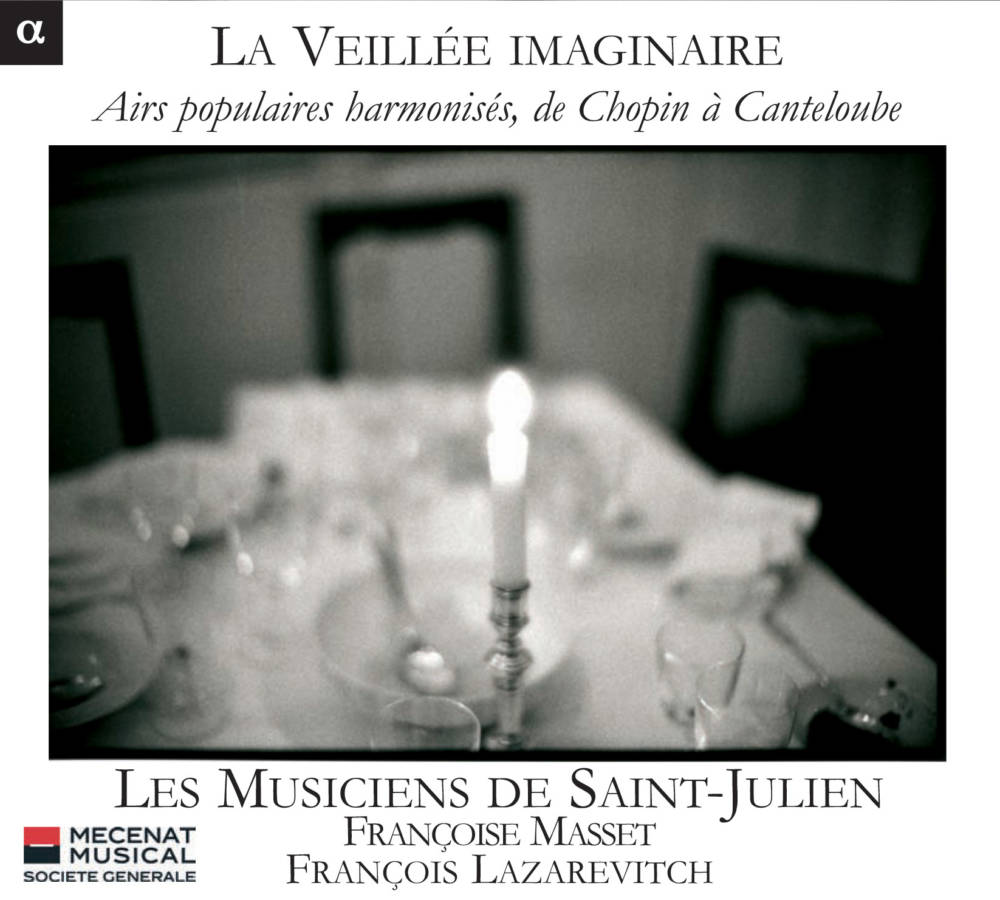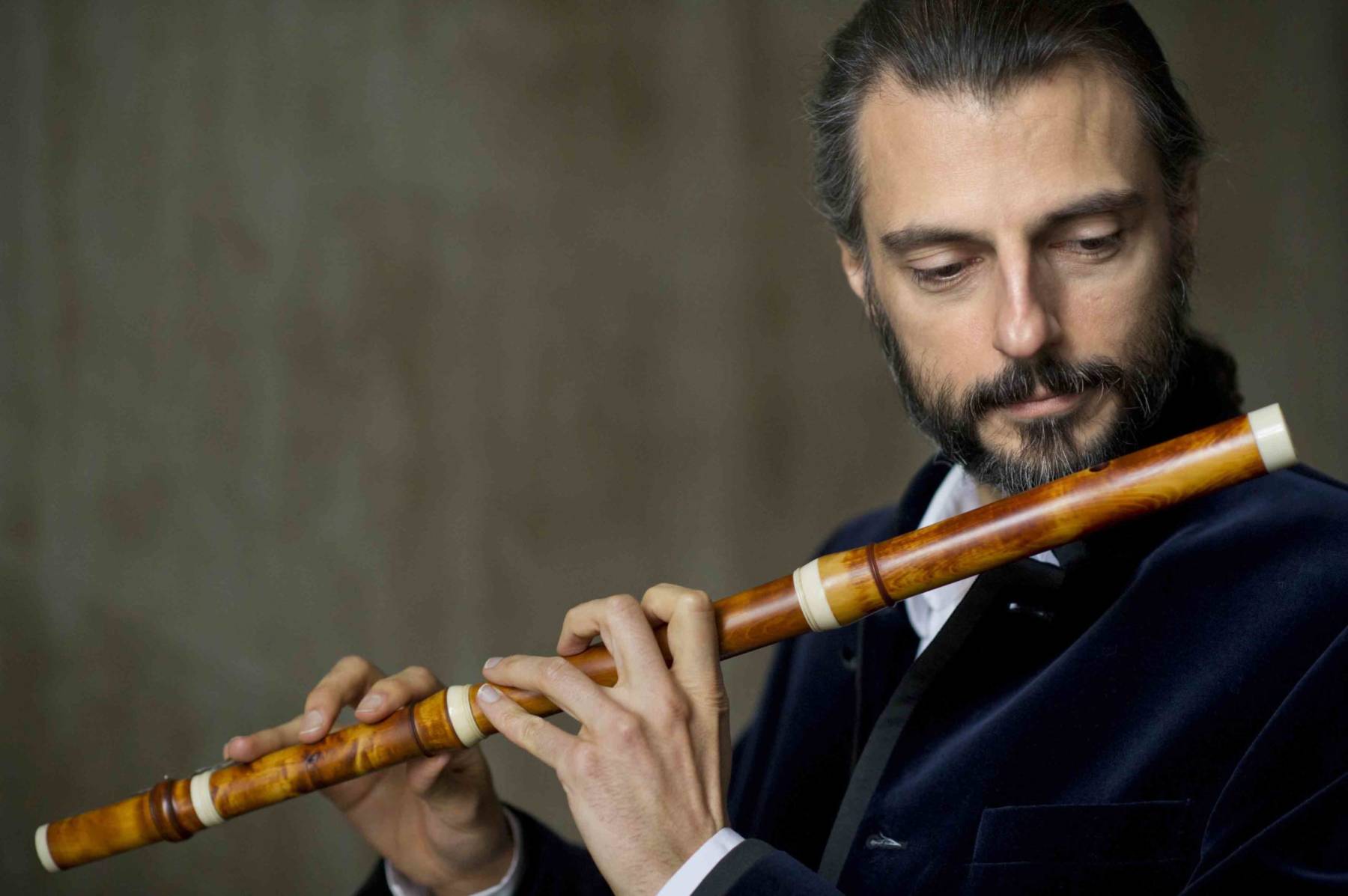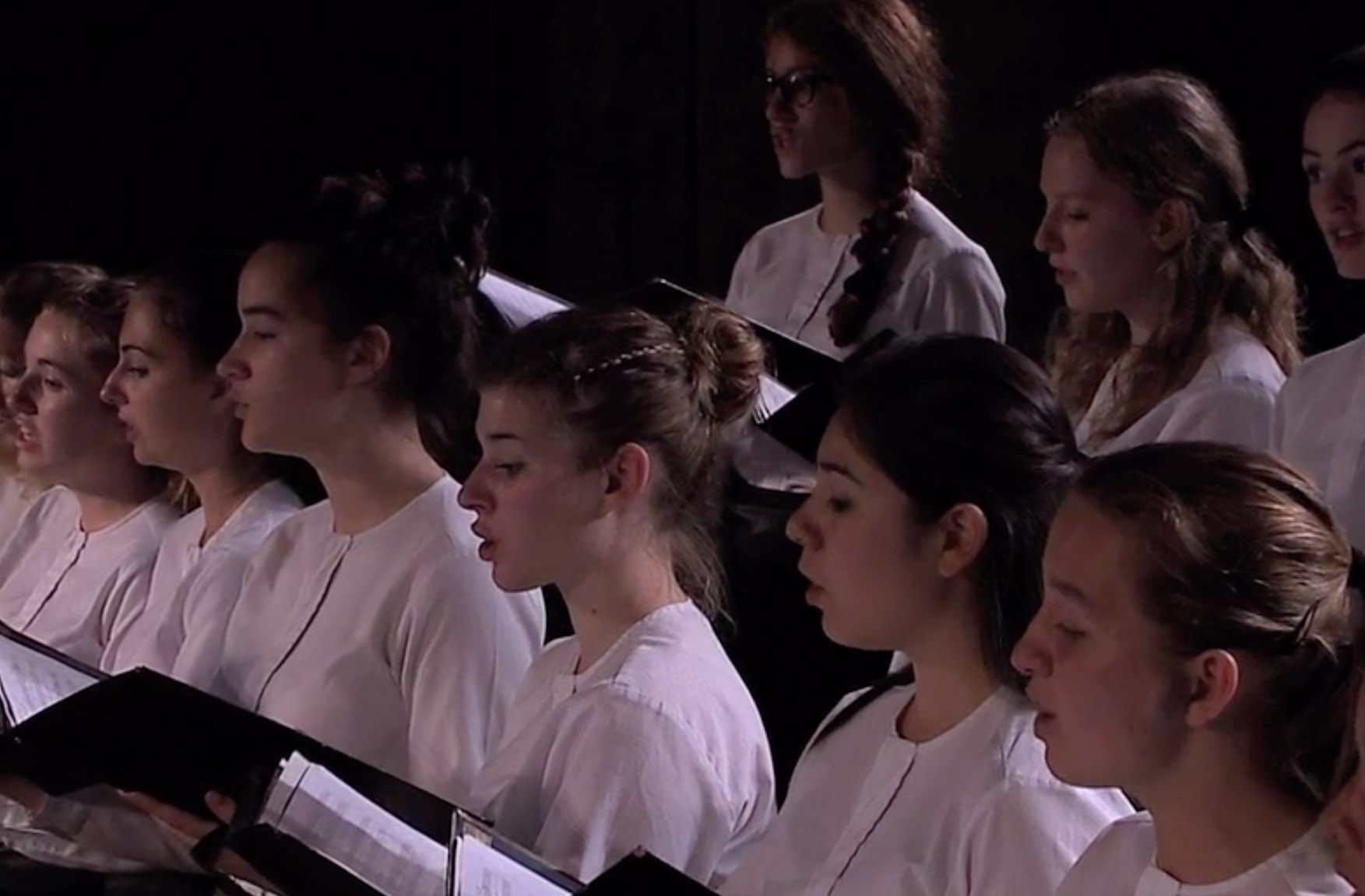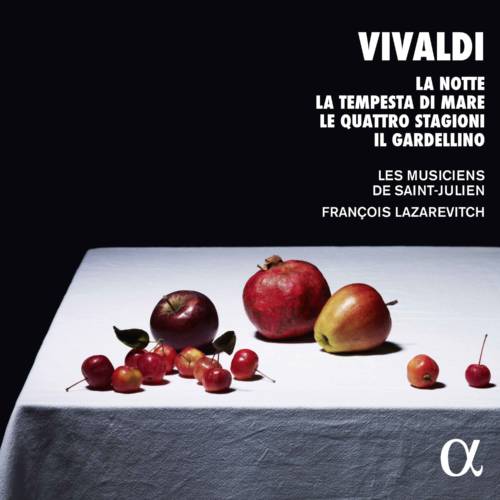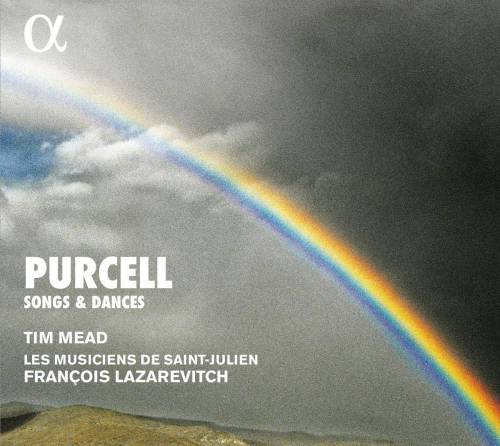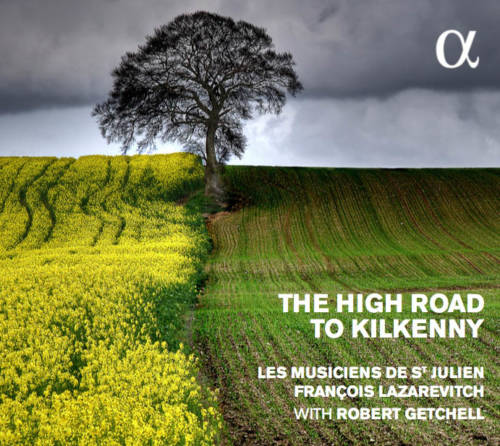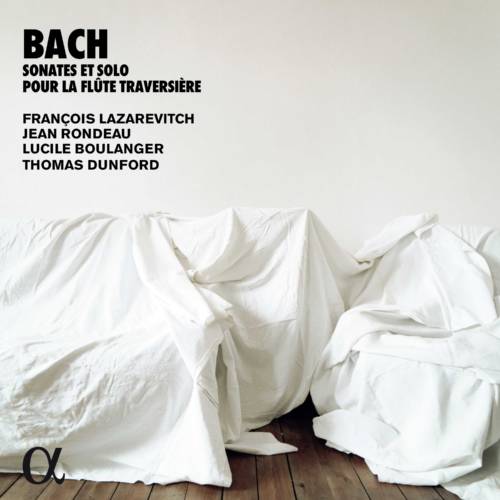French Cantatas
Clérambault, Leclair, Telemann
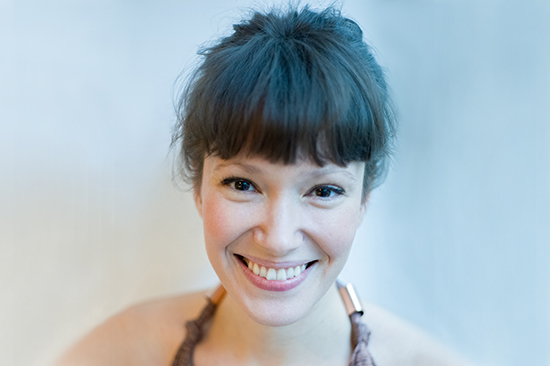
The Musicians of Saint-Julien, enhanced by the voice of the soprano of Élodie Fonnard, follow Clérambault and two of his contemporaries for a program of mythological inspiration. The master of the baroque secular cantata opens the doors to a very operatic, typically French musical moment.
Seen from above, this program bringing together Leclair, Telemann and Clérambault could come straight out of the backstage of the Concert Spirituel or the Parisian salon of an enlightened 18th century woman: a small, intimate and virtuoso ensemble, a solo voice associated with two tops and with continuo allowing for variation of very expressive vocal music and a lively and dancing instrumental repertoire, a mythological subject readjusted to current tastes, French composers in vogue at the time and a Telemann who is not. no less so when he published his “Parisian” Quartets in the French capital.
More closely, the two secular cantatas, both miniature opera and a typically French genre perfectly developed under the pen of Clérambault (1676-1749), are the dramatic and stylistic backbone of this musical moment. At the heart of the tragic adventures of Leander and Hero or the lamentations of Orpheus, we think of ourselves as immortal and we lament that “the happiness of being loved makes the pain even more cruel”.
Familiar with this baroque and lyrical repertoire, soprano Élodie Fonnard lends her voice to these refined stories but also tormented by the gods and the elements, calling on the violin and the flute as two stage accomplices. From there to imagining them at the Opera, there is only one step!
6 musicians
Élodie Fonnard : soprano
François Lazarevitch : flute & direction
violin, viola da gamba, theorbo/guitar, harpsichord
Production
Les Musiciens de Saint-Julien
Programme
Clérambault, Léandre et Héro (1713) & Orphée
Jean-Marie Leclair, Récréation de Musique
Georg Philipp Telemann, Nouveaux quatuors Parisiens
